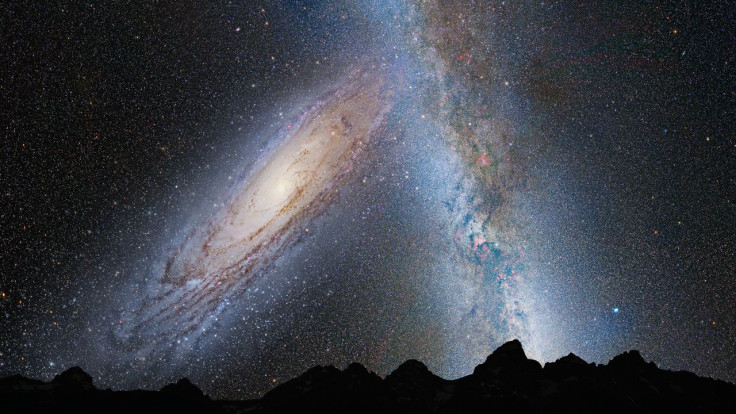Scientists Detect New Batch Of Alien Signals From Deep Space

Scientists have intercepted a total of eight new repeating signal burst that came from space. According to the scientists, one of the signals may have originated somewhere near the edge of the Milky Way galaxy.
The signals, known as fast radio bursts (FRBs), were first detected in 2007. The astronomers who analyzed the signals noted that they originated from an area that’s millions or even billions of light-years away from Earth.
A radio burst known as FRB 121002 was detected in 2014. The same signal was intercepted again in 2017. Earlier in June, astronomers from the California Institute of Technology received a new set of FRBs known as FRB 190523.
Recently, a team of scientists came across a new batch of FRBs while using the Canadian Hydrogen Intensity Mapping Experiment (CHIME). With eight new signals detected, the latest discovery currently marks the most number of FRBs received.
Little is still known regarding the nature of FRBs but according to the scientists, the repeating nature of these signals allows them to study their origins.
“Repeating FRBs are highly valuable from an observational perspective since their repeating nature makes them better candidates for localizing host galaxies and multi-wavelength follow-up observations that can help determine if FRBs emit at wavelengths other than radio,” researcher Ryan McKinven said according to CNET.
Most of the signals that were detected were believed to have come from very remote parts of deep space. Unfortunately, this means it is almost impossible to exactly pinpoint where they came from or who sent them.
Despite this, the scientists noted that one of the signals may have originated somewhere near the Milky Way galaxy. With this discovery, the scientists are hoping to intercept new FRBs that originate much closer to Earth.
“Knowing that we are observing every patch of sky visible to CHIME once every day, it was only a matter of time before we detected a very nearby source,” Pragya Chawla, a member of the research team, said.
The findings of the researchers regarding the new batch of FRBs were presented in a new study that has been submitted to the Astrophysical Journal Letters for publication.
© Copyright IBTimes 2025. All rights reserved.





















